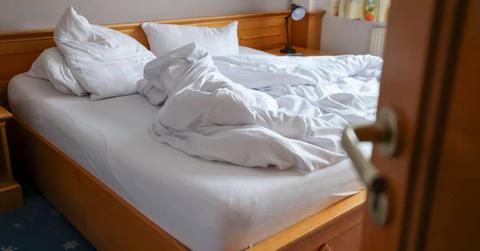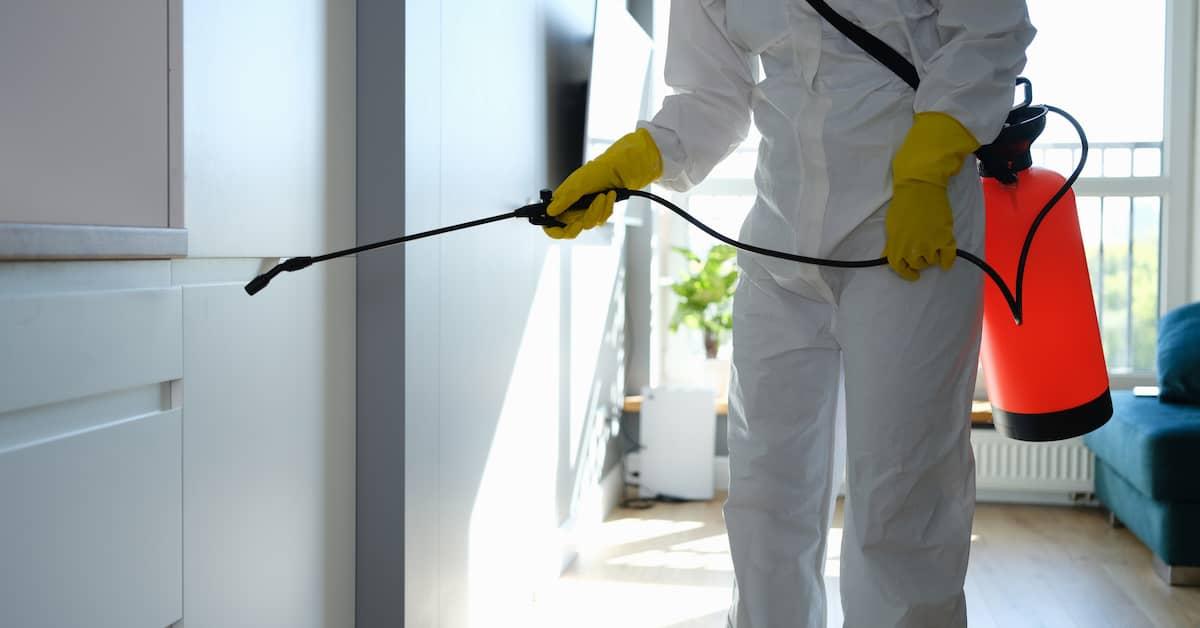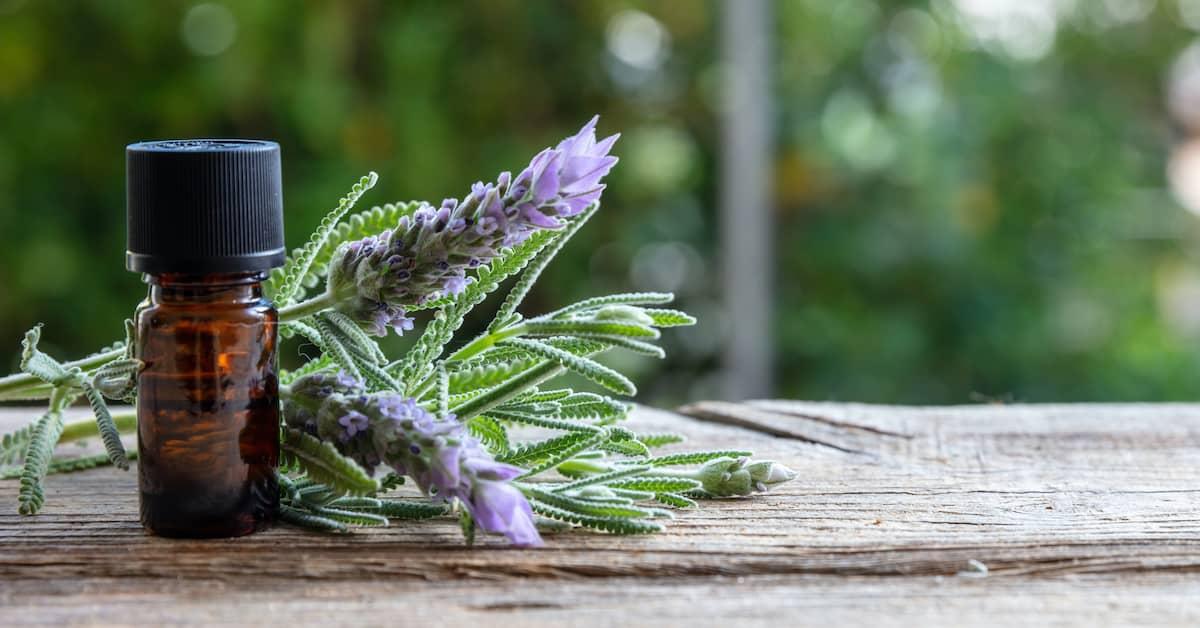Dominate the Bed Bug Battle: Using Glue Traps in Tandem With Other Remedies
Published Dec. 19 2023, 9:41 a.m. ET

The Gist:
The Environmental Protection Agency (EPA) claims bed bugs are a public health issue.
Glue traps can be very effective for treating bed bug infestations, but there are some limitations.
Some natural remedies can offer relief from bed bug infestations, but you might still need to call a pest control service.
We all want to coexist in harmony with nature, but there are instances where taking action becomes necessary. Bed bugs are notorious disruptors of peaceful sleep and usually require intervention to ensure a comfortable living environment.
The Environmental Protection Agency (EPA) even says they're a public health issue. Glue traps are one of many ways to ward off unwelcome guests, but do they really work? Shouldn't you just call a pest control company instead? Here's what to know.

Do glue traps work for bed bugs?
The short answer is yes, with limitations. According to DIY Spotlight, glue traps aren’t a standalone solution for large infestations for a number of reasons:
Limited reach: Glue traps only catch bugs that come into direct contact with them. They also catch other insects, which can lead to confusion.
Proper placement: Glue traps need to be placed correctly for them to be effective. If you don’t get this right, you won’t catch all the bed bugs.
Ineffective against eggs: Bed bugs lay tiny, sticky eggs that glue traps can't do anything about.
How to use glue traps for bed bugs (and where to put them).
If you decide to use glue traps as part of your bed bug battle plan, there are a few things to keep in mind to maximize their effectiveness.
Look for bed bug-specific traps with added pheromones to make them more effective. Next, Eco Pest Supply suggests placing the glue traps strategically in areas where bed bugs are most likely to travel:
- Around bed frames and legs
- Underneath furniture
- In between the mattress and base
Check the traps every few days and replace them once they’re full of bugs *shudder*. Glue traps work best when used in conjunction with other bed bug control methods, so your best bet is to take a dual approach to tackling the problem.
3 Natural ways to kill bed bugs instantly (with caveats).
Glue traps aren't the only way to catch bed bugs. If the infestation is out of control, it's definitely worth calling a pest control company. However, these natural remedies, recommended by Planet Natural, can offer temporary relief and support a comprehensive treatment plan.

1. Rubbing alcohol and vinegar
These are two of the most effective “natural” ways to kill adult bed bugs. They die on contact, but the downside is that it doesn’t kill their eggs.
How to use: Fill a spray bottle with vinegar or rubbing alcohol and spritz the areas you suspect are infected.
2. Diatomaceous Earth (DE)
Diatomaceous Earth is a type of sand made up of fossilized microscopic algae called diatoms. It has a number of uses, one of which is to dehydrate and kill bugs that come into contact with it.
How to use: Sprinkle it in places where bed bugs hang out, but be aware it can take a few days to work.
3. Lavender and tea tree oils
These two essential oils contain compounds that are known to have insecticidal properties. While they may not completely eliminate a bed bug infestation, they can deter bed bugs from infesting certain areas.
How to use: Mix a few drops of lavender or tea tree oil with water in a spray bottle and spray the mixture where bed bugs are likely to hide or travel.
Remember, natural treatments are not a quick fix and may require repeated application. By understanding the limitations and strengths of glue traps and other remedies, you can leverage them as part of a strategic plan to reclaim your sleep and sanity from the clutches of bed bugs. Sweet dreams!